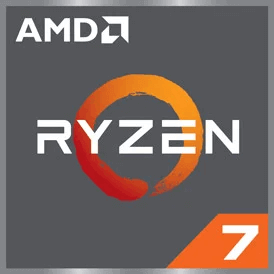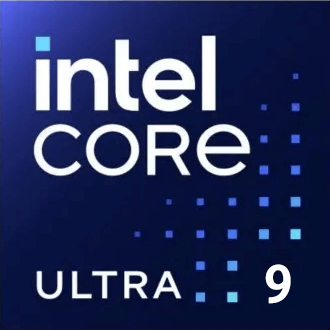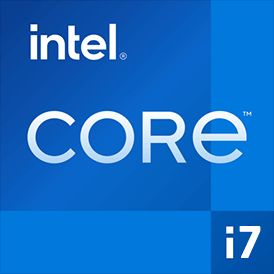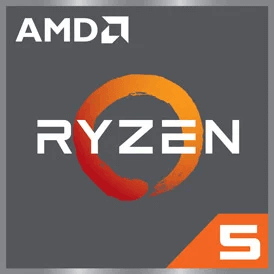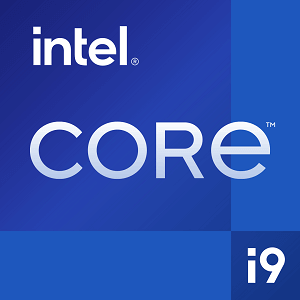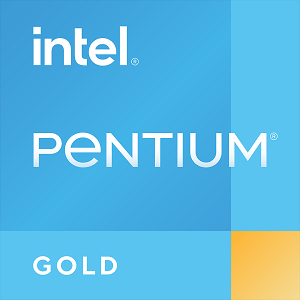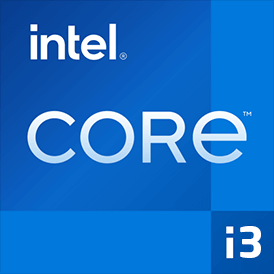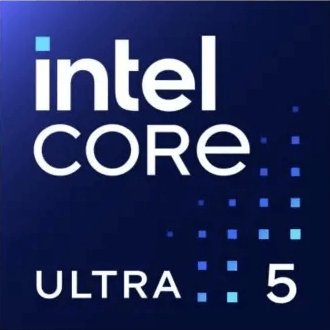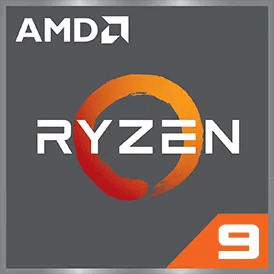AMD Ryzen 7 8700G vs Intel Core Ultra 9 285K
We compared two desktop CPUs: AMD Ryzen 7 8700G with 8 cores 4.3GHz and Intel Core Ultra 9 285K with 24 cores 3.7GHz . You will find out which processor performs better in benchmark tests, key specifications, power consumption and more.
Main Differences
AMD Ryzen 7 8700G 's Advantages
Better graphics card performance
Higher base frequency (4.3GHz vs 3.7GHz)
Lower TDP (65W vs 125W)
Intel Core Ultra 9 285K 's Advantages
Released 9 months late
Higher specification of memory (6400 vs 5200)
Larger memory bandwidth (102.4GB/s vs 83.2GB/s)
Newer PCIe version (5.0 vs 4.0)
Larger L3 cache size (36MB vs 16MB)
More modern manufacturing process (3nm vs 4nm)
Score
Benchmark
Cinebench R23 Single Core
AMD Ryzen 7 8700G
1778
Intel Core Ultra 9 285K
+30%
2318
Cinebench R23 Multi Core
AMD Ryzen 7 8700G
17858
Intel Core Ultra 9 285K
+132%
41583
Geekbench 6 Single Core
AMD Ryzen 7 8700G
2737
Intel Core Ultra 9 285K
+23%
3380
Geekbench 6 Multi Core
AMD Ryzen 7 8700G
14342
Intel Core Ultra 9 285K
+60%
23087
Cinebench 2024 Single Core
AMD Ryzen 7 8700G
103
Intel Core Ultra 9 285K
+37%
142
Cinebench 2024 Multi Core
AMD Ryzen 7 8700G
990
Intel Core Ultra 9 285K
+138%
2357
Blender
AMD Ryzen 7 8700G
281
Intel Core Ultra 9 285K
+133%
656
General Parameters
Jan 2024
Release Date
Oct 2024
AMD
Manufacturer
Intel
Desktop
Type
Desktop
x86-64
Instruction Set
x86-64
Zen 4 (Phoenix)
Core Architecture
Arrow Lake
-
Processor Number
285K
AM5
Socket
FCLGA-1851
Radeon 780M
Integrated Graphics
Arc iGPU (4-Cores)
Ryzen 7 (Zen 4 (Phoenix))
Generation
Ultra 9(Arrow Lake)
Package
25 billions
Transistor Count
-
4 nm
Manufacturing Process
3 nm
45-65 W
Power Consumption
125 W
-
Max Turbo Power Consumption
250 W
95°C
Peak Operating Temperature
105 °C
TSMC
Foundry
TSMC
178 mm²
Die Size
-
CPU Performance
8
Performance Cores
8
16
Performance Core Threads
8
4.3 GHz
Performance Core Base Frequency
3.7 GHz
5.1 GHz
Performance Core Turbo Frequency
5.5 GHz
-
Efficiency Cores
16
-
Efficiency Core Threads
16
-
Efficiency Core Base Frequency
3.2 GHz
-
Efficiency Core Turbo Frequency
4.6 GHz
8
Total Core Count
24
16
Total Thread Count
24
100 MHz
Bus Frequency
100 MHz
42x
Multiplier
37
64 K per core
L1 Cache
112 K per core
1 MB per core
L2 Cache
3 MB per core
16 MB shared
L3 Cache
36 MB shared
Yes
Unlocked Multiplier
Yes
1
SMP
1
Memory Parameters
DDR5-5200
Memory Types
DDR5-6400
256 GB
Max Memory Size
192 GB
2
Max Memory Channels
2
83.2 GB/s
Max Memory Bandwidth
102.4 GB/s
Yes
ECC Memory Support
Yes
Graphics Card Parameters
true
Integrated Graphics
true
1500 MHz
GPU Base Frequency
300 MHz
2900 MHz
GPU Max Dynamic Frequency
2000 MHz
768
Shader Units
512
48
Texture Units
32
32
Raster Operation Units
16
12
Execution Units
64
15 W
Power Consumption
14
7680x4320 - 60 Hz
Max Resolution
-
8.12 TFLOPS
Graphics Performance
2 TFLOPS
